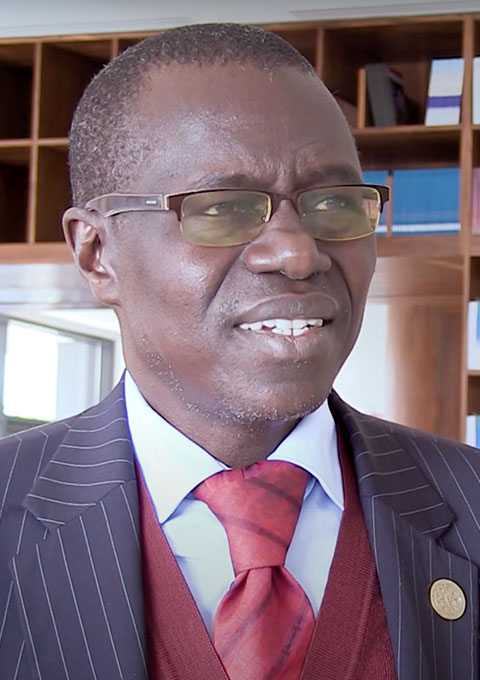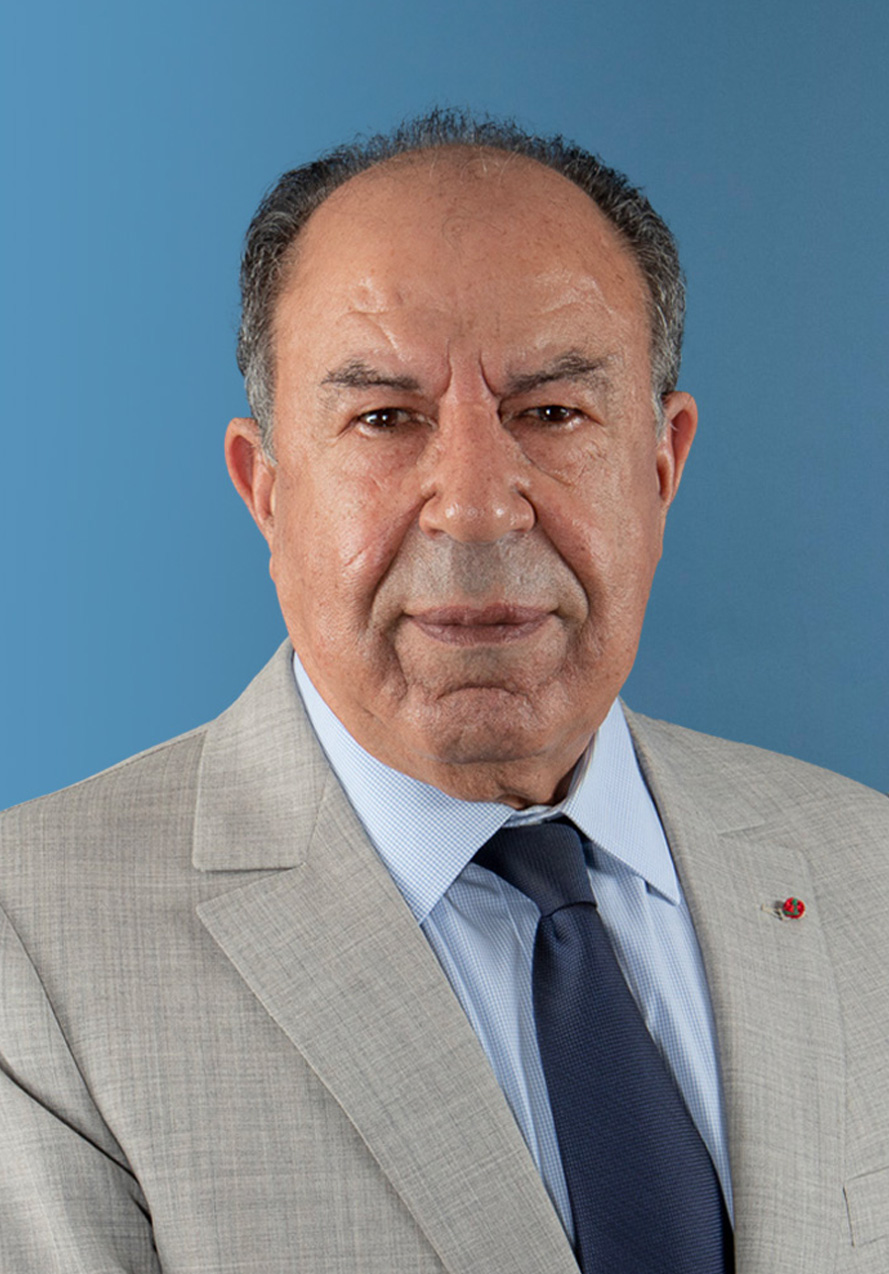Au-delà de la gestion immédiate de la crise, qui concentre légitimement l’attention à ce jour, l’enjeu actuel consiste également de mener des réflexions sur les politiques publiques, économiques et sociales que les pays devront mettre en place comme stratégies pour remettre à niveau leurs économies. Cela suppose une réflexion projetée sur une période après la crise qui vise à conduire une redéfinition plus large des politiques publiques et de leurs priorités. Modérateur : - Mhamed Dryef, Senior Fellow, Policy Center for the New South Intervenants : - Uri Dadush, Senior Fellow, Policy Center for the New South - Larabi Jaidi, Senior Fellow, Policy Center for the New South - Moubarack Lo, Senior Fellow, Policy Center for the New South













